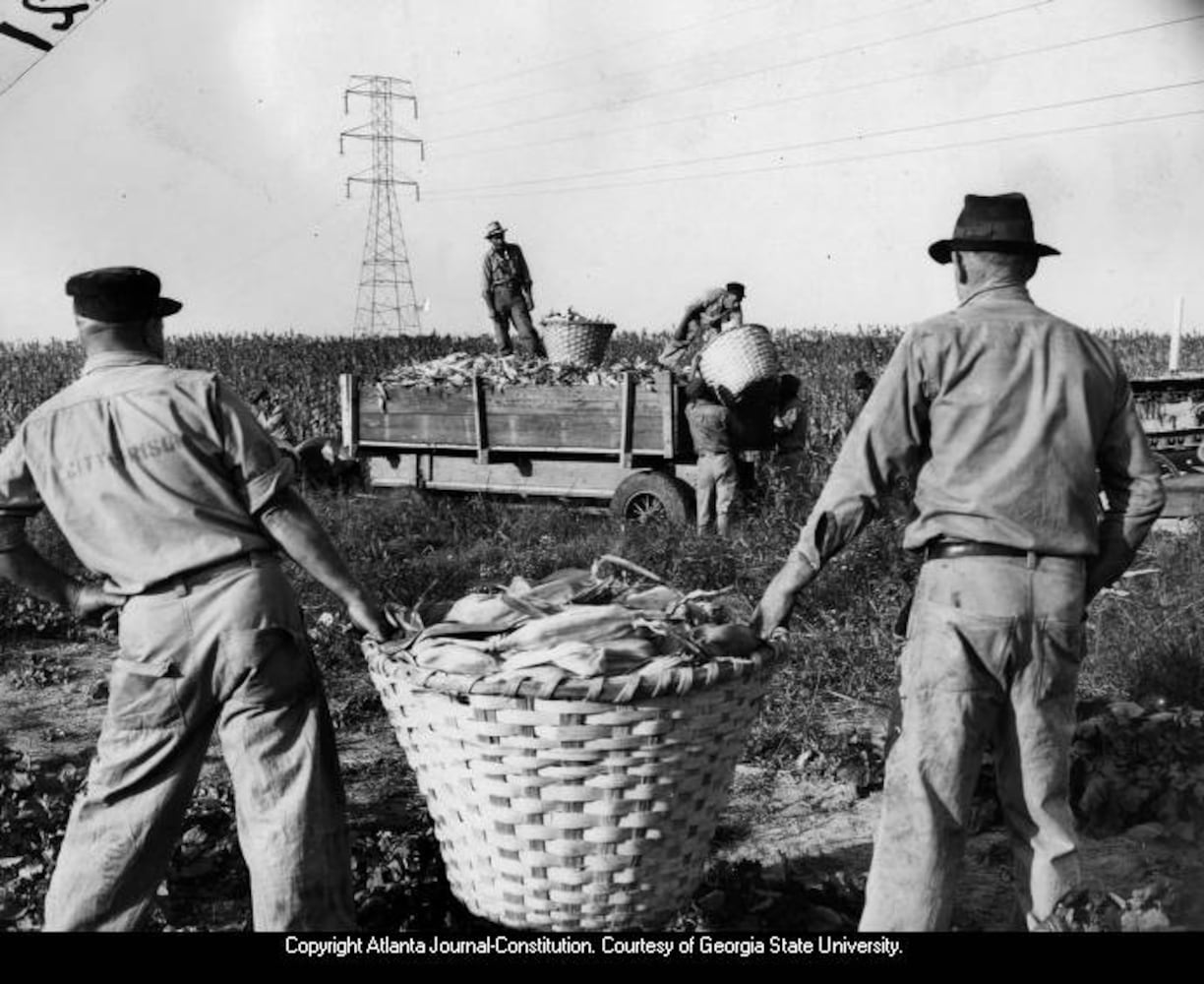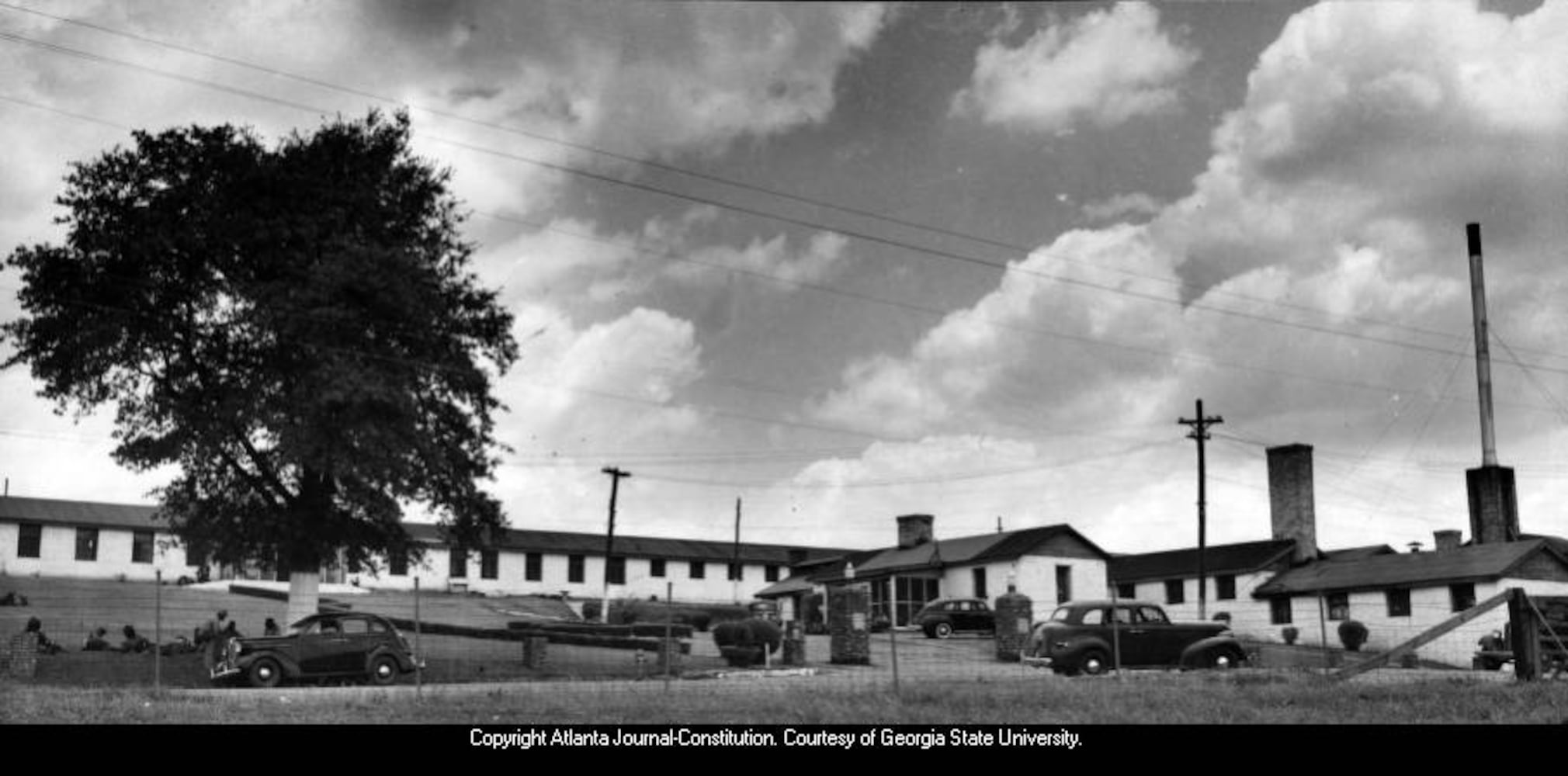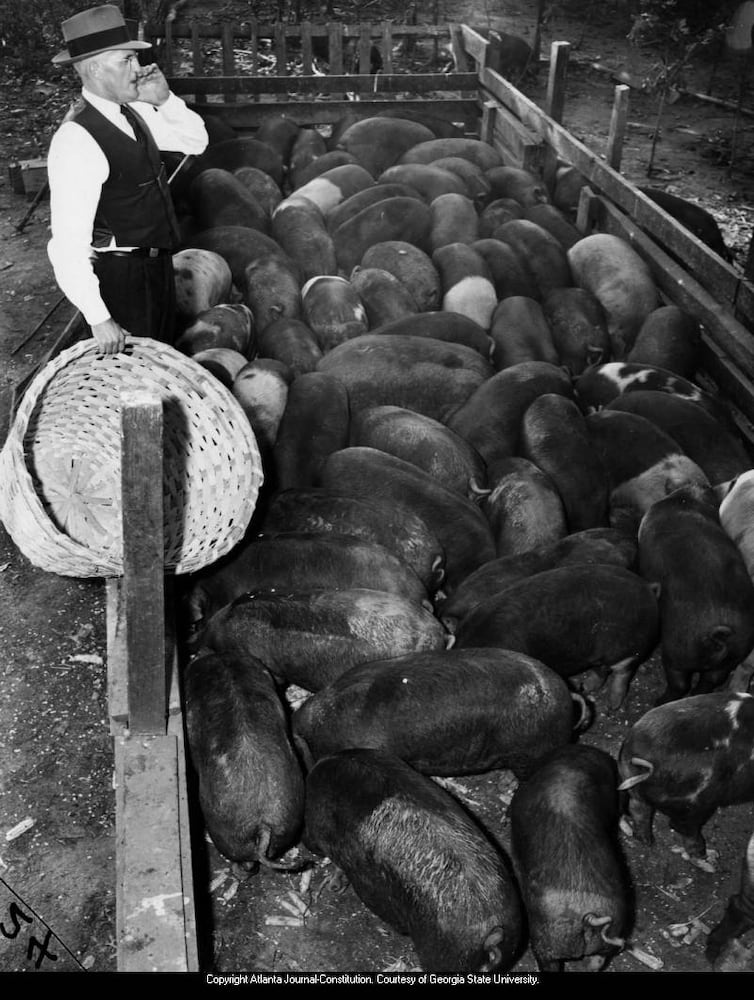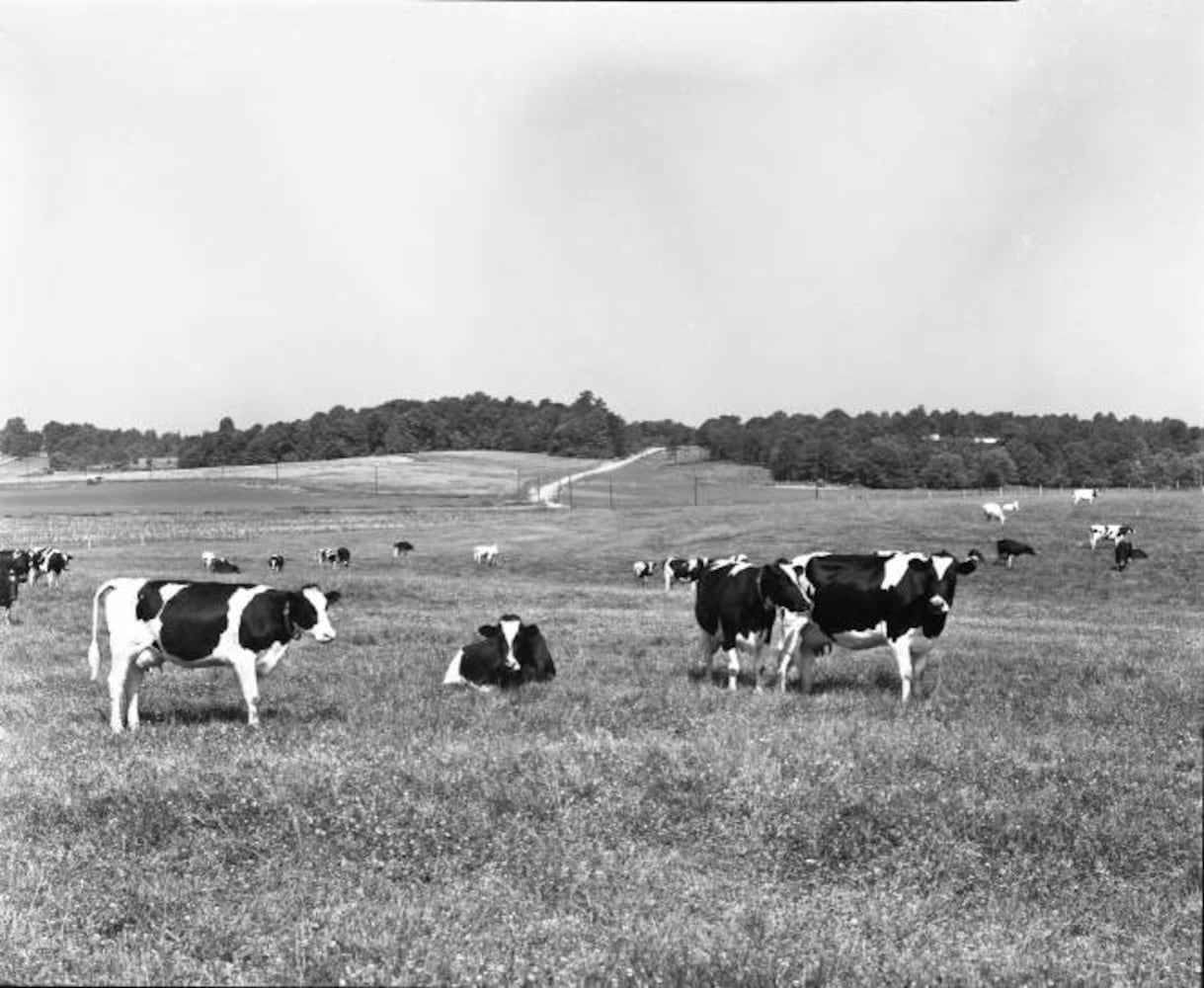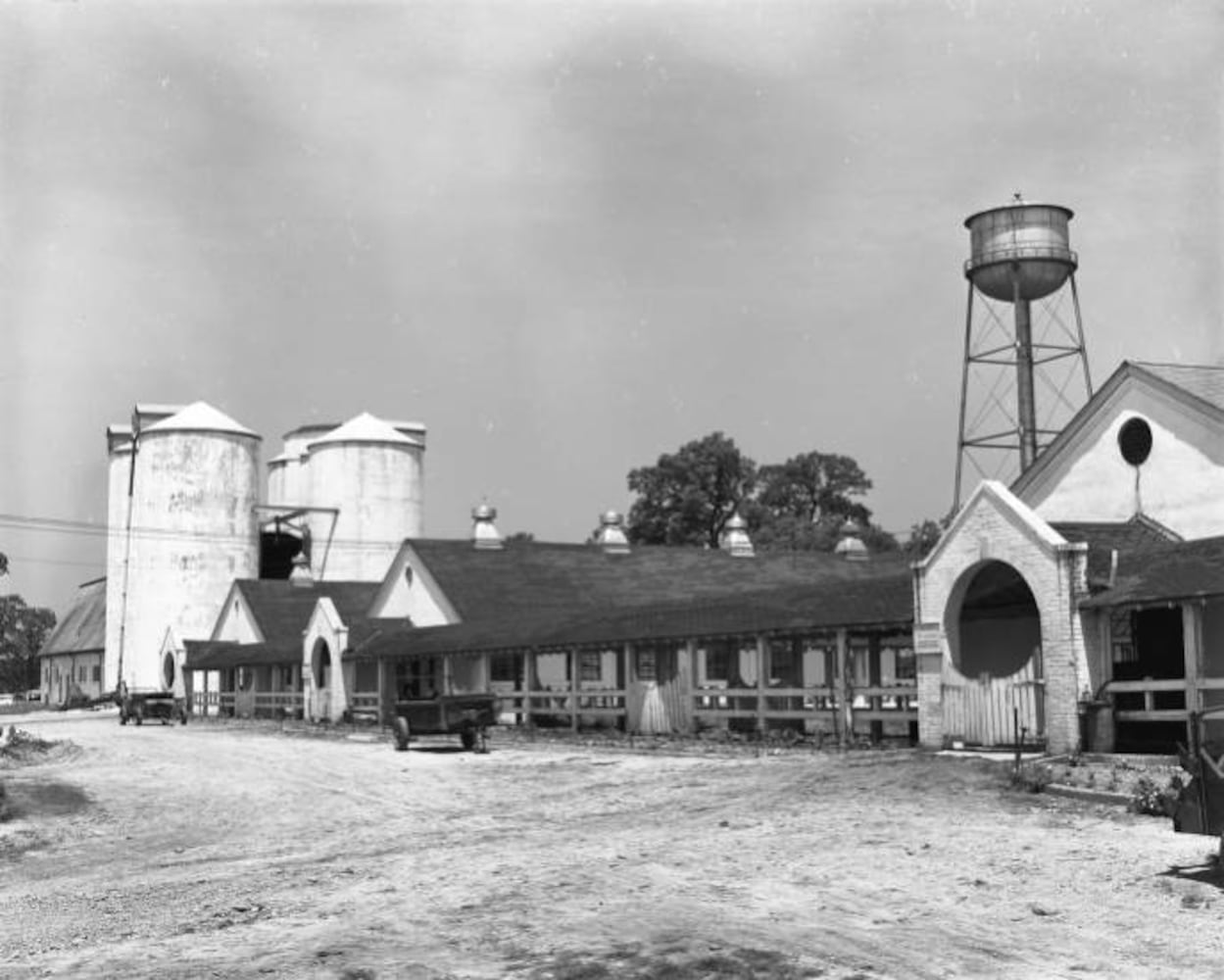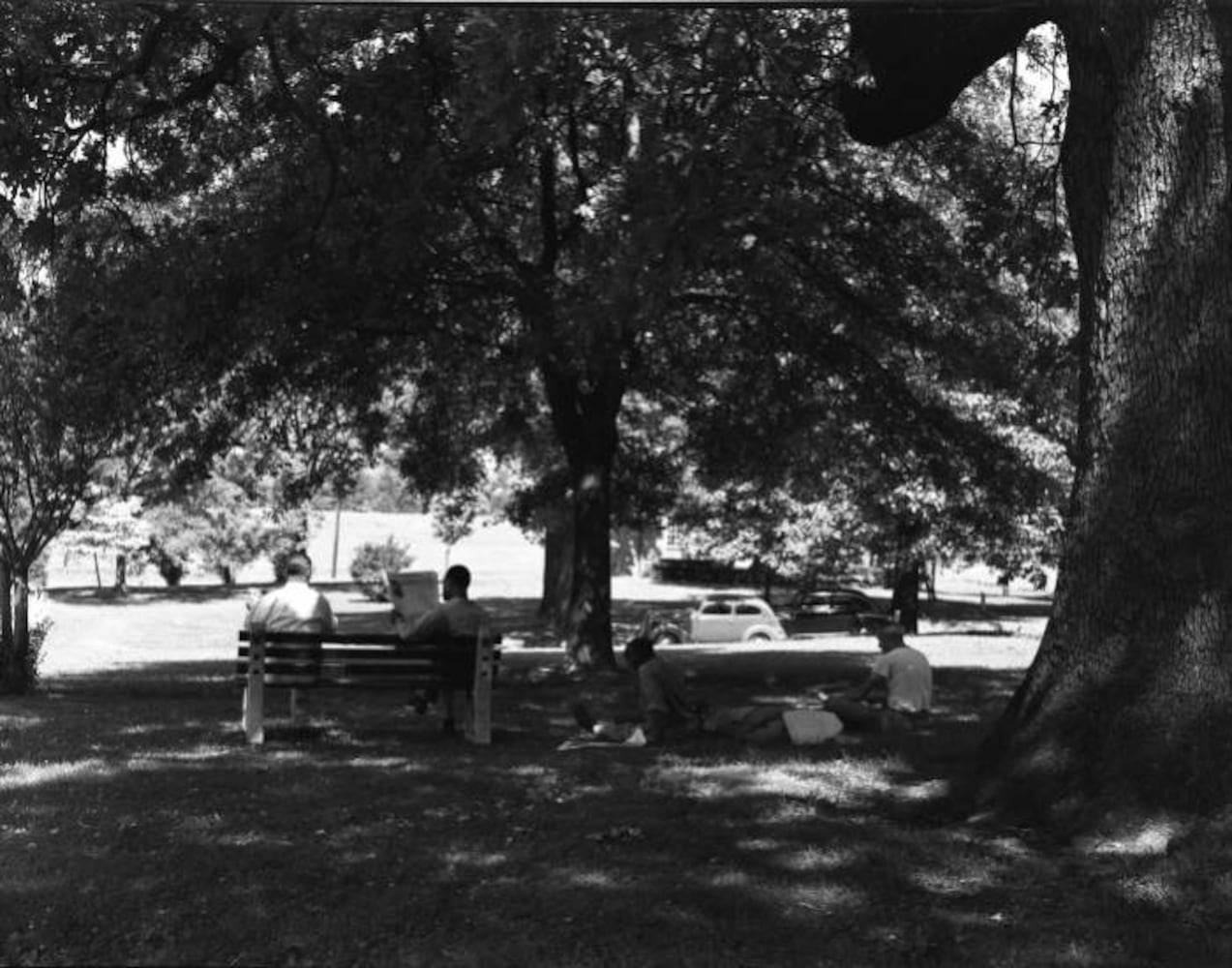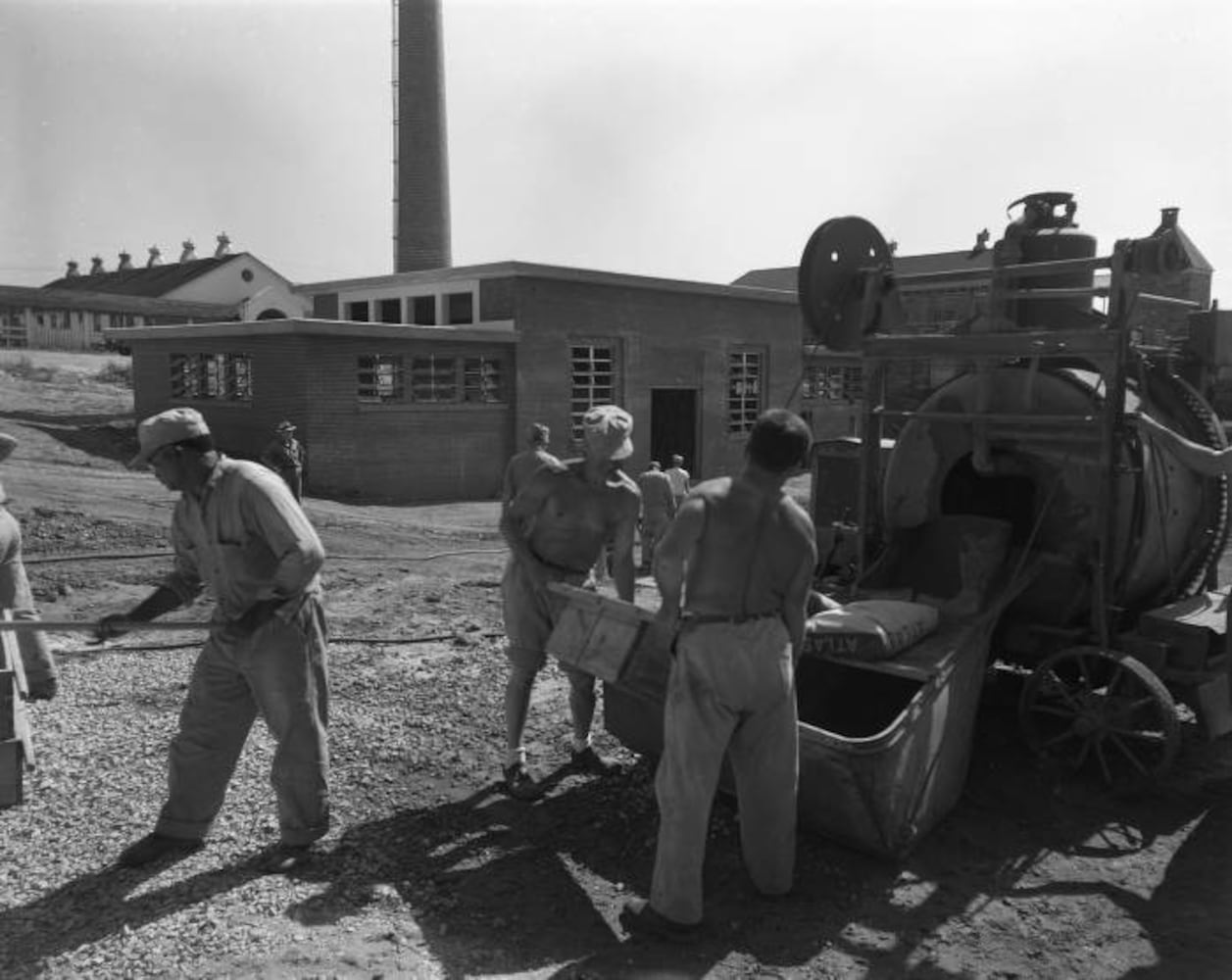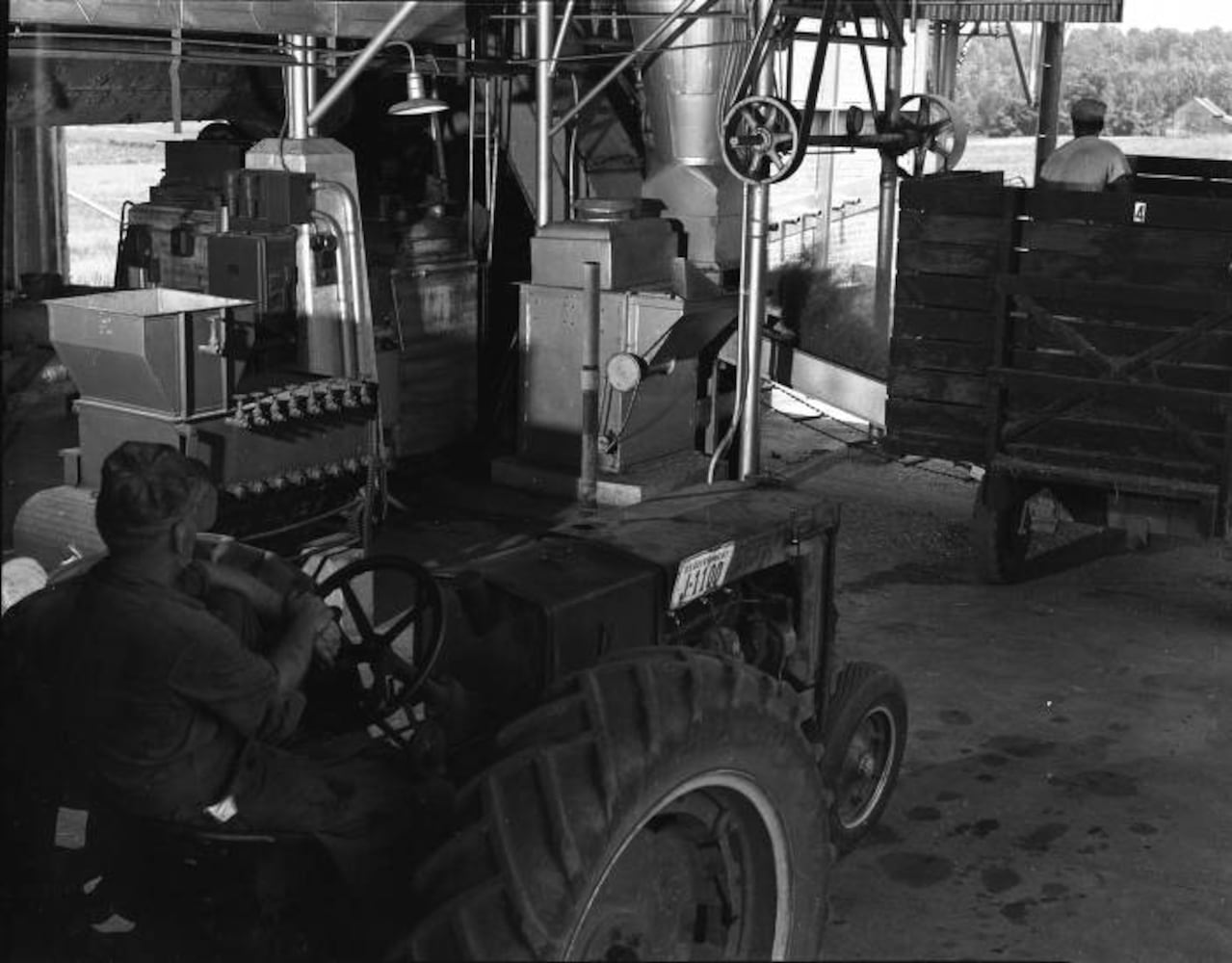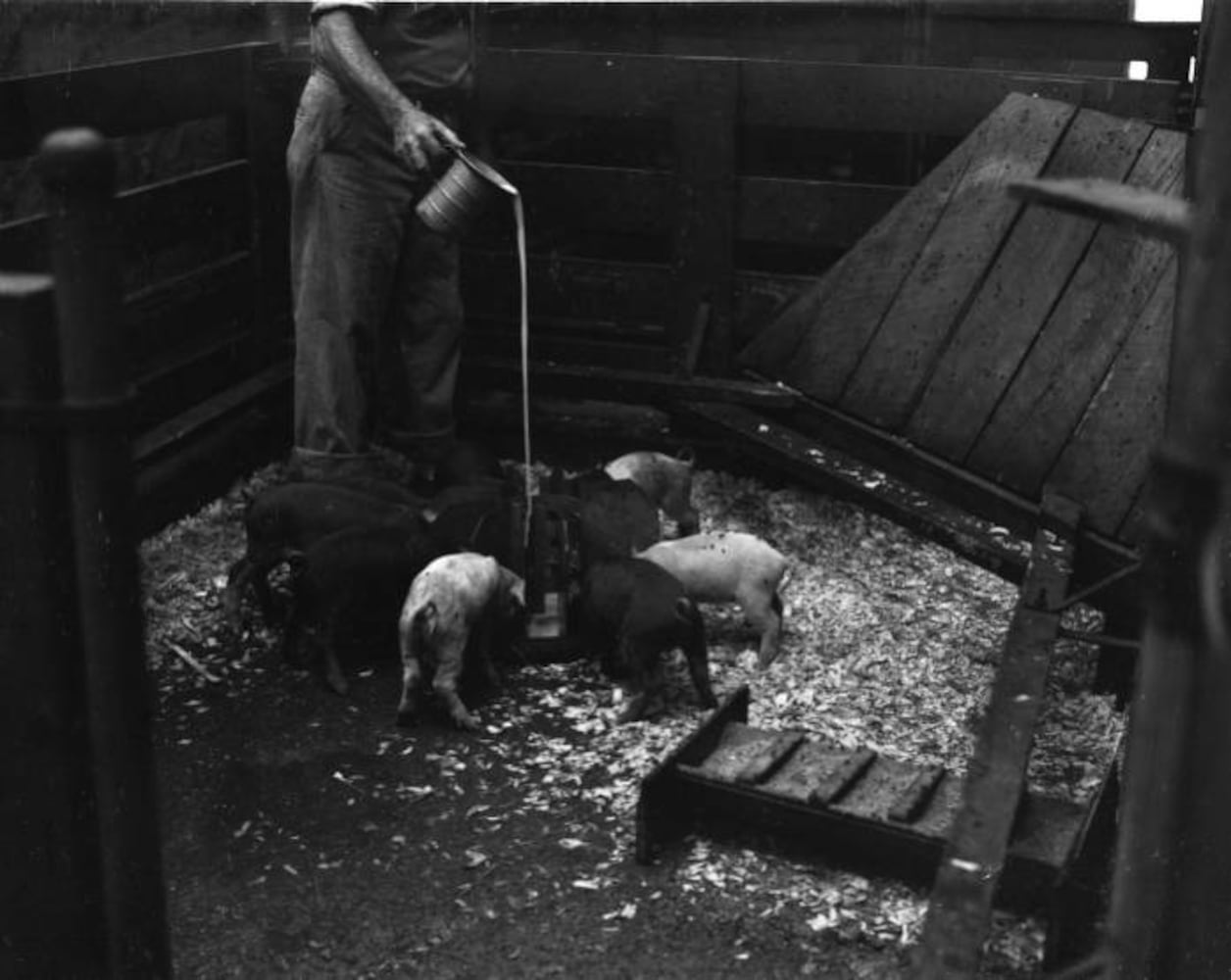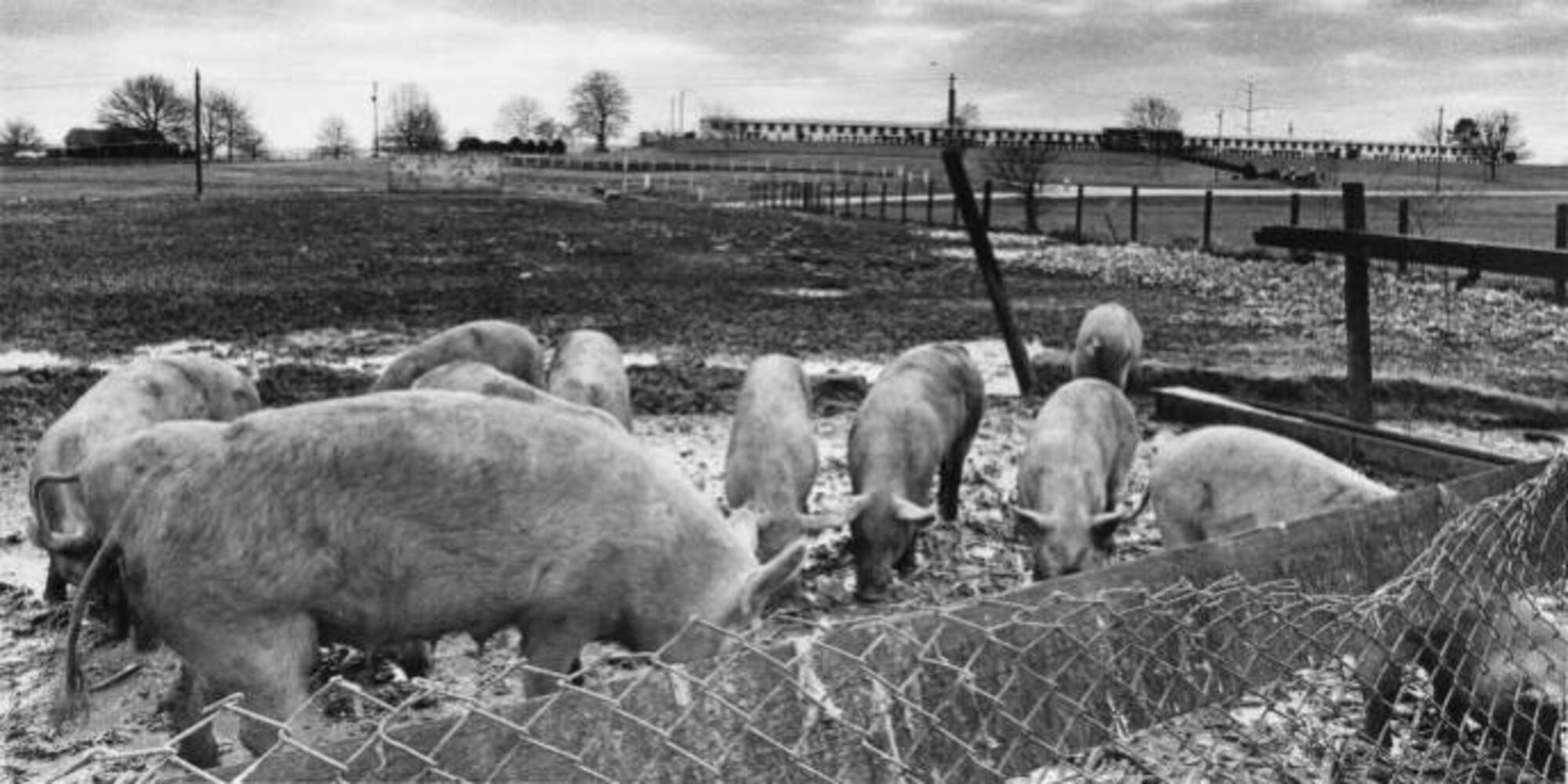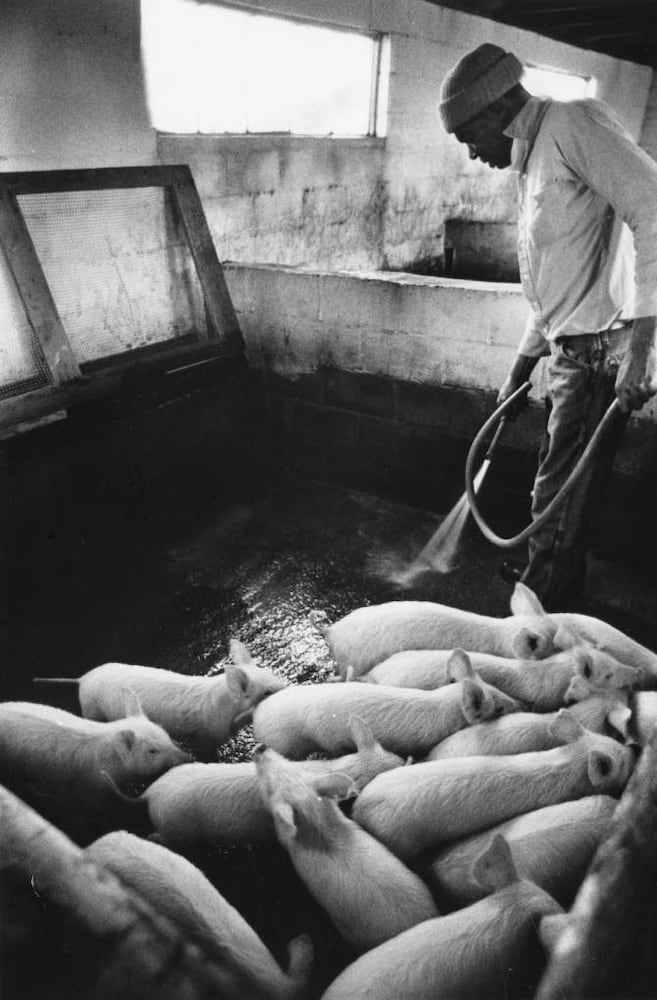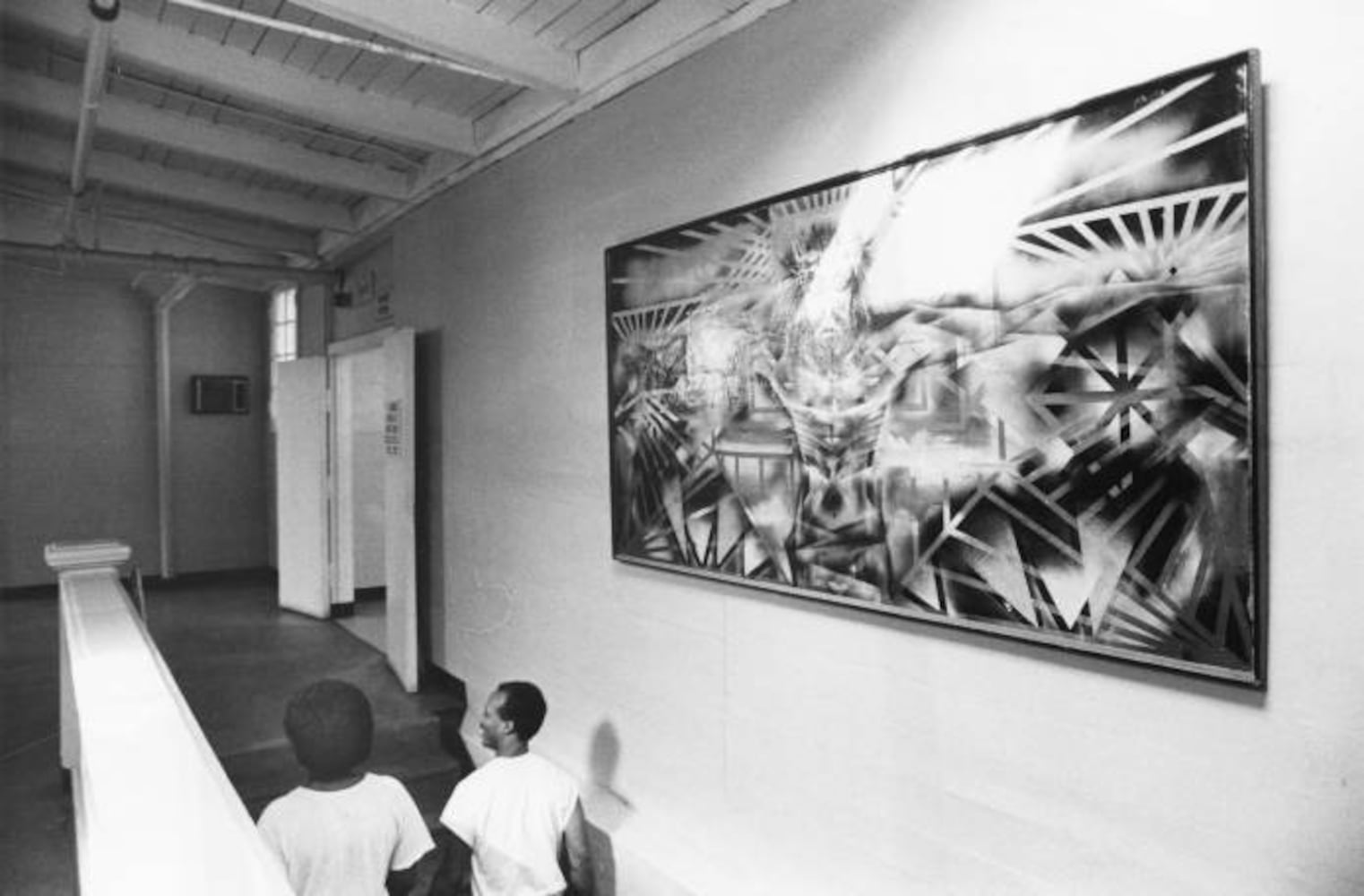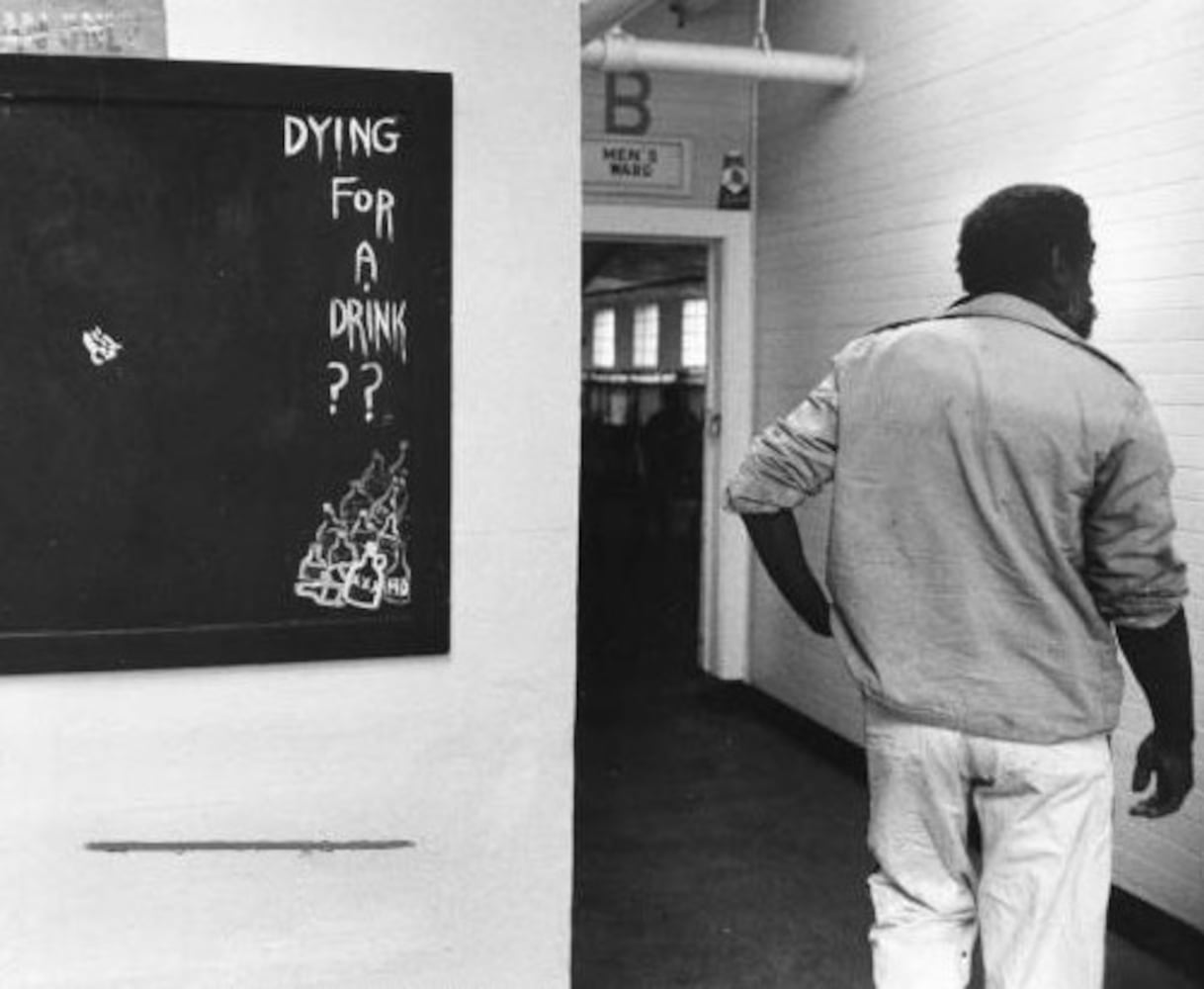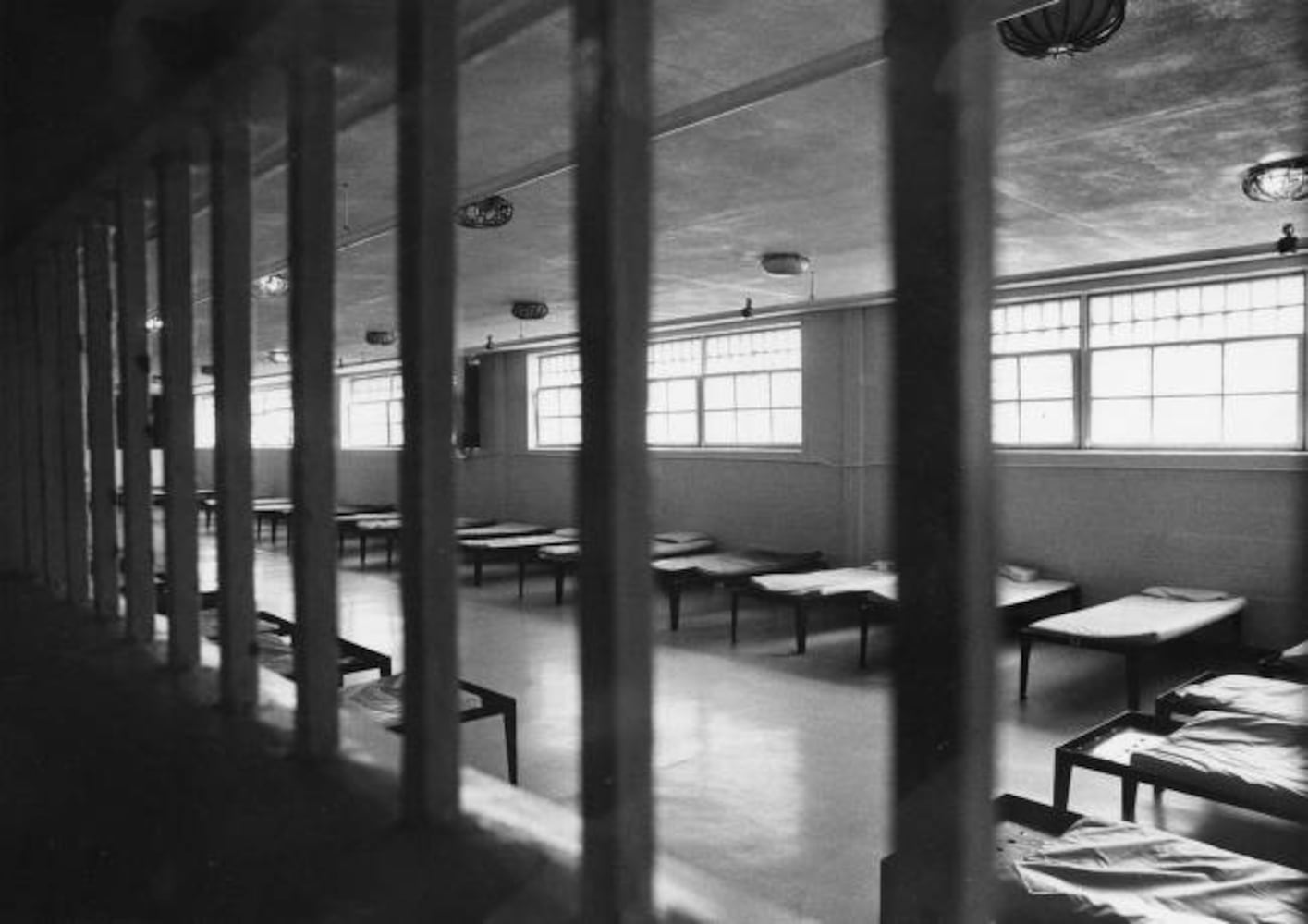No guns. No guards. No problem.
When it began operating in 1920, the U.S. Honor Farm’s mission sounded simple enough: offer those convicted of lesser crimes a chance at an early form of alternative sentencing, the idea being that time spent laboring outdoors was preferable to classic confinement among prisoners serving hard time behind bars.
A proposed $90 million police and fire training center, dubbed “Cop City” by those protesting the planned facility, has brought the old U.S. Honor Farm site in southwest DeKalb back into the news. In September 2021, the Atlanta City Council voted to lease 85 acres of the city-owned land near the intersection of Key Road and Moreland Avenue to the Atlanta Police Foundation for the new center.
Now, with law enforcement officials squaring off against “forest defenders” standing in opposition to the project, the original stated ideals of the Honor Farm seem quaint, as does the notion of a prison camp founded on trusting inmates to police themselves.
Credit: WSBTV Videos
>> MORE DEJA NEWS: Check out what we’ve covered before (and again)
“Prisoners of honor on 1,248 acres of the most bountiful land under the bluest skies in Georgia, sixty-nine offenders against federal laws, have found health, a modicum of freedom and withal happiness as happiness is measured relatively,” Beverly Randolph wrote in the April 4, 1920, Constitution magazine section.
That portrait, presented to Constitution readers more than 100 years ago at the facility’s start, stands in stark contrast to its current status as ground zero for protests against its planned future.
“The intense debate has drawn national attention as well as protesters from across the country, some of whom have thrown rocks, fireworks and Molotov cocktails at police,” the AJC’s Jeremy Redmon wrote in a March 2023 article. “One activist was fatally shot during a confrontation with police officers on Jan. 18 after he allegedly fired at them and wounded an officer.”
Credit: AJC Photo Archives
Credit: AJC Photo Archives
At its start, however, one of the Honor Farm’s main bragging points was its relatively laissez-faire operation.
“There is not a firearm on the place. There are no guards,” Randolph told Constitution readers. “The air is free and the farm is the estate of every ‘inmate.’ They are told not to leave the farm, and so far none have fractured the rule.”
Camp Commander Pet Fry voiced support for the men entrusted with the farm’s operations.
“To have experienced the oppression of cell life and then to be placed on a great, open farm to work, without guards or prison rules, is like walking out of a tunnel into the sunlight,” Fry said.
“I know most of these men are good men. None are criminals in the large sense of the word,” he continued. “They will not run away, because they would rather serve out the time here than face the possibility of more time behind the white walls of the (penitentiary).”
Credit: Phil Skinner
Credit: Phil Skinner
Until 1990, the farm supplied produce, pork and milk for the city’s prison population, with production peaking in the ‘50s.
Controversy surrounding the Honor Farm is nothing new.
Scott Petersen, who spoke with former AJC writers J.D. Capelouto and Anjali Huynh in 2021, has squired those curious about the old site on unofficial tours for nearly 30 years. He takes issue with the image of the Honor Farm as a facility where scofflaws could work off their sentences under blue skies and fresh air.
“There’s never been a reckoning about how brutal the prison farm system was on African Americans,” Petersen said.
The Honor Farm closed in 1995.
ABOUT DEJA NEWS
In this series, we scour the AJC archives for the most interesting news from days gone by, show you original articles and update the story. If you have a story you’d like researched and featured in AJC Deja News, send an email with as much information as you know.
About the Author
